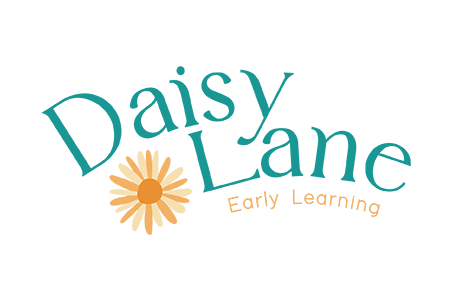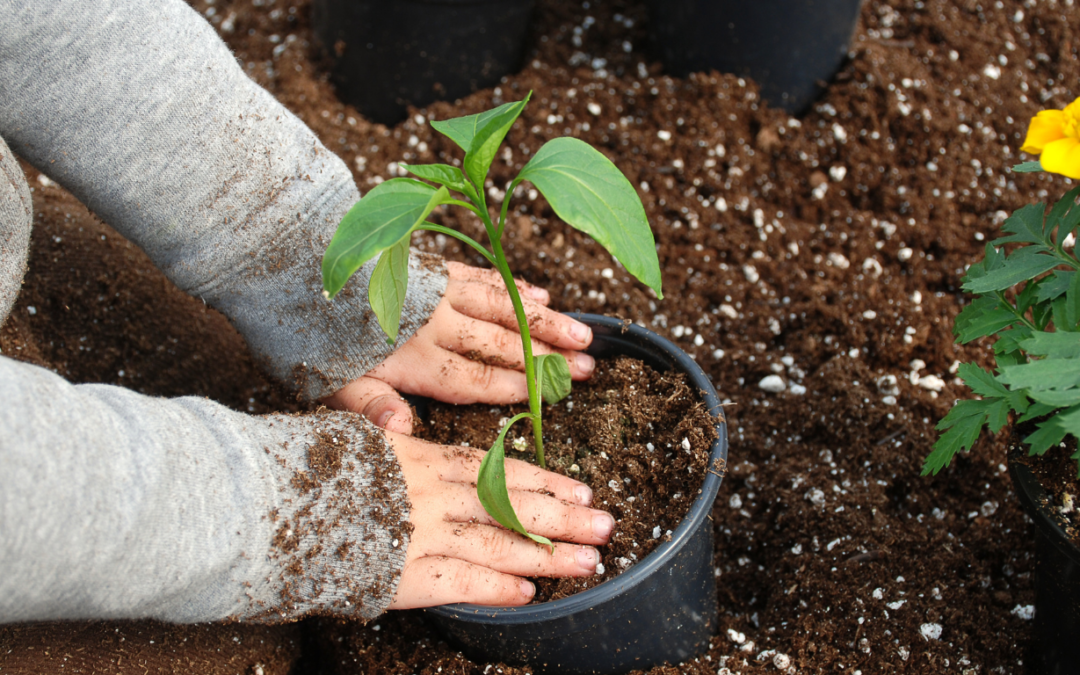In the heart of Daisy Lane Early Learning, a brilliant initiative is taking root, nurturing not just plants but budding eco-warriors. The Garden-to-Table Learning program is a hands-on adventure where young children become little gardeners, cultivating their own fruits and veggies while gaining a rich understanding of sustainable gardening. As they dig into the soil, they uncover the magic of plant life cycles and the importance of eco-friendly practices, all in a fun and engaging way. Snack time doesn’t just satisfy hunger here; it fuels learning, as leftover fruit peels are turned into compost, teaching children about the wonders of natural fertilisers. Join us as we explore how this program fosters environmental awareness and responsibility, creating a green-thumbed generation ready to care for our planet.
Growing Little Green Thumbs
At Daisy Lane Early Learning, we believe in nurturing more than just young minds. Our Garden-to-Table Learning program is designed to cultivate environmental awareness, provide hands-on learning experiences, and introduce children to the wonders of composting. Let’s explore how we’re growing the next generation of eco-warriors.
Nurturing Environmental Awareness
Environmental awareness is a crucial skill for the future of our planet. By introducing children to sustainable gardening practices early, we’re planting the seeds of lifelong eco-consciousness.
Our program helps children understand the delicate balance of nature. They learn about the importance of water conservation, the role of beneficial insects, and the impact of human activities on the environment.
Through guided activities and discussions, we encourage children to think critically about their environmental footprint. This early exposure to eco-friendly practices sets the foundation for responsible environmental stewardship as they grow.
Hands-On Learning in the Garden
Our garden serves as an outdoor classroom where children engage in experiential learning. This hands-on approach brings abstract concepts to life and makes learning both fun and memorable.
Children participate in various gardening activities:
- Planting seeds and seedlings
- Watering and maintaining plants
- Observing plant growth and development
- Harvesting fruits and vegetables
These activities not only teach children about plant life cycles but also improve their fine motor skills and patience. The joy of seeing their efforts bear fruit (quite literally!) is unparalleled.
Research shows that children who participate in gardening activities are more likely to eat a variety of fruits and vegetables, promoting healthier eating habits.
Composting for Children Made Simple
Composting is a fantastic way to introduce children to the concept of recycling and the natural cycle of decomposition. We’ve simplified the process to make it engaging and educational for our young learners.
Our composting program involves:
- Collecting fruit and vegetable scraps from snack time
- Adding these scraps to our compost bin
- Observing the decomposition process over time
- Using the finished compost to fertilise our garden
This hands-on experience helps children understand how nature recycles nutrients. They learn that what might seem like ‘waste’ can actually be a valuable resource for growing new plants.
The Lane Community College Learning Garden provides an excellent model for integrating composting into educational programs, which we’ve adapted for our younger audience.






